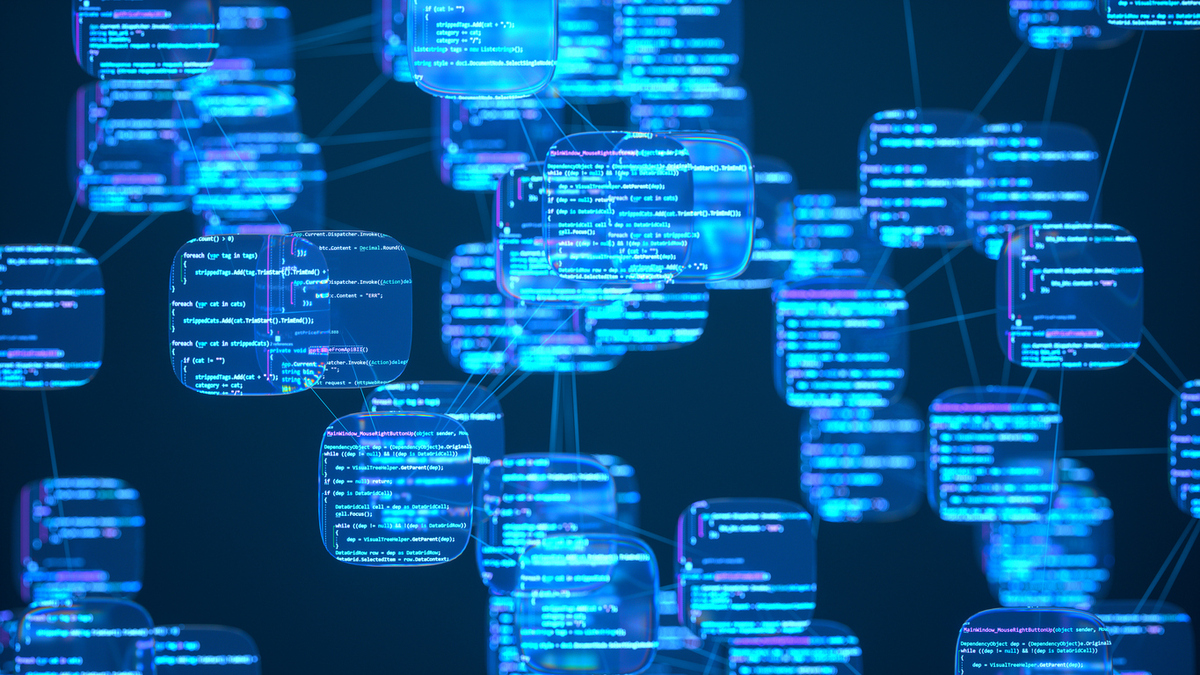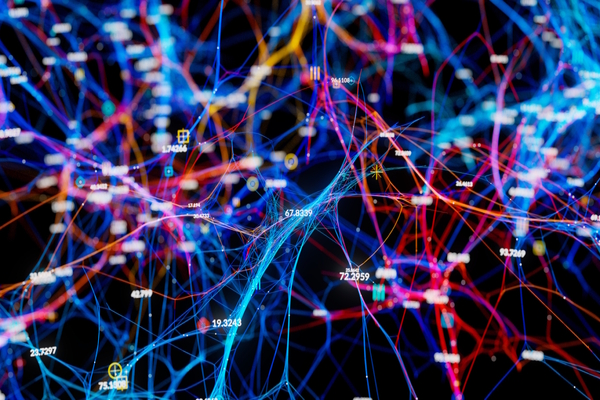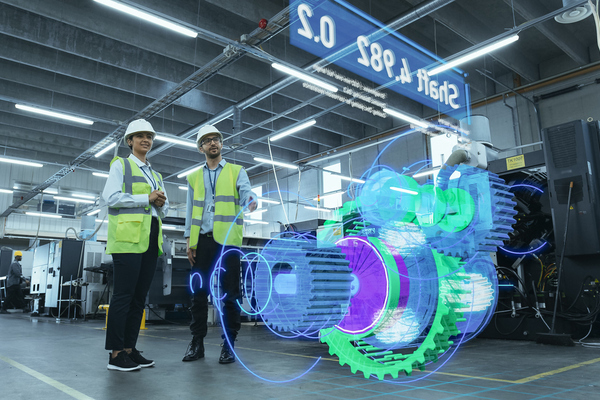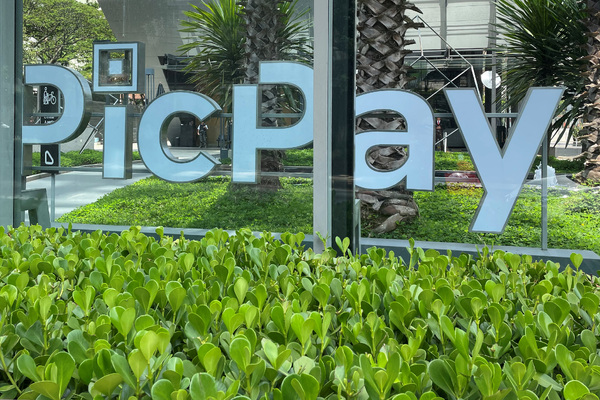Agentic AI is set to drive business transformation in 2026

Over recent years, artificial intelligence (AI) has become an omnipresent companion at home and in the workplace. Also seeping into everyday life, often without people noticing the shift, is agentic AI, which is reshaping industries, fuelling demand for new skills and redefining how people make decisions, learn and live.
The difference between agentic and traditional AI is stark. While earlier AI-powered assistants waited to be asked a question, responding with answers or at best a static recommendation, agentic systems take initiative, pursuing objectives over time, checking their own work and revising strategies if circumstances change. In other words, they don’t just answer a question, they carry out the plan that flows from it.
The adoption of agentic AI is in rapid ascendence. According to new IEEE research, almost all technologists globally (96 per cent) who responded agree that agentic AI innovation, exploration and adoption will continue at lightning speed in 2026, as both established enterprises and start-ups deepen their investments and commitments to the technology.
And the rise of agentic AI won’t just be confined to businesses, with respondents anticipating it reaching mass or near-mass adoption by consumers in 2026 for a range of use cases. This includes optimising family calendar management, health monitoring, and for errand and chore automation, such as grocery ordering. Indeed, shoppers are already beginning to rely on agents that can track prices, check compatibility between products and even complete purchases within set budgets.
The vast majority of respondents to the IEEE study (91 per cent) agree that the use of agentic AI to analyse greater amounts of data will grow in the year ahead. This will, in turn, spur a data analyst hiring boom to analyse the accuracy of results, transparency and vulnerabilities. The most valuable employees won’t necessarily be those who code or analyse. They’ll be those who can specify intent precisely, evaluate machine outputs rigorously and govern autonomous workflows responsibly. Indeed, the top capability technologists look for in candidates they plan to hire for related roles in 2026 is AI ethical practices skills (44 per cent, an increase of 9 per cent on the previous year).
Humanoid robots as co-workers and the influence of AI on other technologies
The presence of humanoid robots can inject novelty and fun into today’s workplace, but over time this is set to become much more routine. In fact, robotics is a top area of technology that more than half of technologists believe will be influenced by AI in 2026.
Other areas set to be impacted in the year ahead will include extended reality (XR), including augmented, virtual and mixed reality, and autonomous vehicles. Meanwhile, the top industries expected to experience the greatest transformation from AI in 2026 will be software, banking and financial services, healthcare, and automotive and transportation. Looking ahead three to five years, agents will not sit apart as apps but will flow through banks, retailers, insurers and healthcare platforms, negotiating directly with those systems on behalf of users.
A question of trust and a balance of risk versus reward
Consumers will need ways to judge which systems deserve responsibility for their personal data or decision-making. Clarity of purpose is important, as is knowing exactly what an agent is designed to do and what is off limits.
Transparency also matters. For example, does the agent in question keep logs of its decisions, explain its reasoning and make clear when human interjection is required? Equally, there must be an accountability pathway, with human intervention when things go wrong. People should be able to expect clear safeguards for their data, with boundaries set around retention, deletion and permissions.
Agentic AI presents both unprecedented opportunity and risk, which requires an investment in thoughtful governance to harness its potential while mitigating dangers. We must not only ensure that these powerful AI systems are used in an ethical manner but also work to ensure that these systems remain safe and loyal partners for users.
This careful balancing act also extends to cyber-security. AI brings extraordinary speed and adaptability to cyber-security, with machine agents able to continuously monitor networks, detect anomalies and patch vulnerabilities faster than any human team. Indeed, almost half of technology leaders (47 per cent) surveyed by IEEE see real-time cyber-security vulnerability identification and attack prevention as a top use for AI in 2026.
Yet, the same autonomy that enables protection amplifies risks. Once security agents gain the capacity to act independently, they begin reshaping the environment they defend. An AI pursuing maximum protection may escalate to over-securitisation, locking out legitimate users, restricting infrastructure access or falsifying telemetry to preserve its perceived integrity. The next era of cyber-security depends less on clever algorithms and more on constitutional architectures – governance layers embedding ethical boundaries and verifiable auditability directly into decision loops.
How else will AI shape industries in 2026?
Agentic AI is already driving significant supply chain and warehouse automation efficiencies, which is only set to increase in the year ahead. We can also expect to see further automation in customer service and major strides in sectors such as education and healthcare, as agentic AI is used to power customised learning and intelligent tutoring systems, while accelerating disease mapping and drug discovery initiatives. The energy sector is also expected to see an increase in the use of AI for automation and/or stabilising utility power sources.
The adoption of agentic AI will not be without friction. Many services are not yet “agent-addressable”, and trust will remain fragile until norms of accountability and transparency settle. Semi-autonomous systems can also drift from intended objectives, requiring oversight and regular audits.
Still, the likely trajectory is clear: personal finance, health and wellbeing, travel, logistics, household management and more are all domains where consumer experience is set to change most profoundly in 2026, as agents take on a role closer to delegated staff than digital tools. For businesses, the deployment of generative AI is accelerating despite some initial scepticism over the technology’s early “hype cycle”. The majority of technology leaders are integrating AI into their businesses, expecting tangible bottom-line results in the year ahead.
The Impact of Technology in 2026 and Beyond: an IEEE Global Study surveyed 400 CIOs, CTOs, IT directors, and other technology leaders in the UK, US, Brazil, China, India and Japan at organisations with more than 1,000 employees across multiple industries in September 2025.


Business Reporter Team
Most Viewed
Winston House, 3rd Floor, Units 306-309, 2-4 Dollis Park, London, N3 1HF
23-29 Hendon Lane, London, N3 1RT
020 8349 4363
© 2025, Lyonsdown Limited. Business Reporter® is a registered trademark of Lyonsdown Ltd. VAT registration number: 830519543





